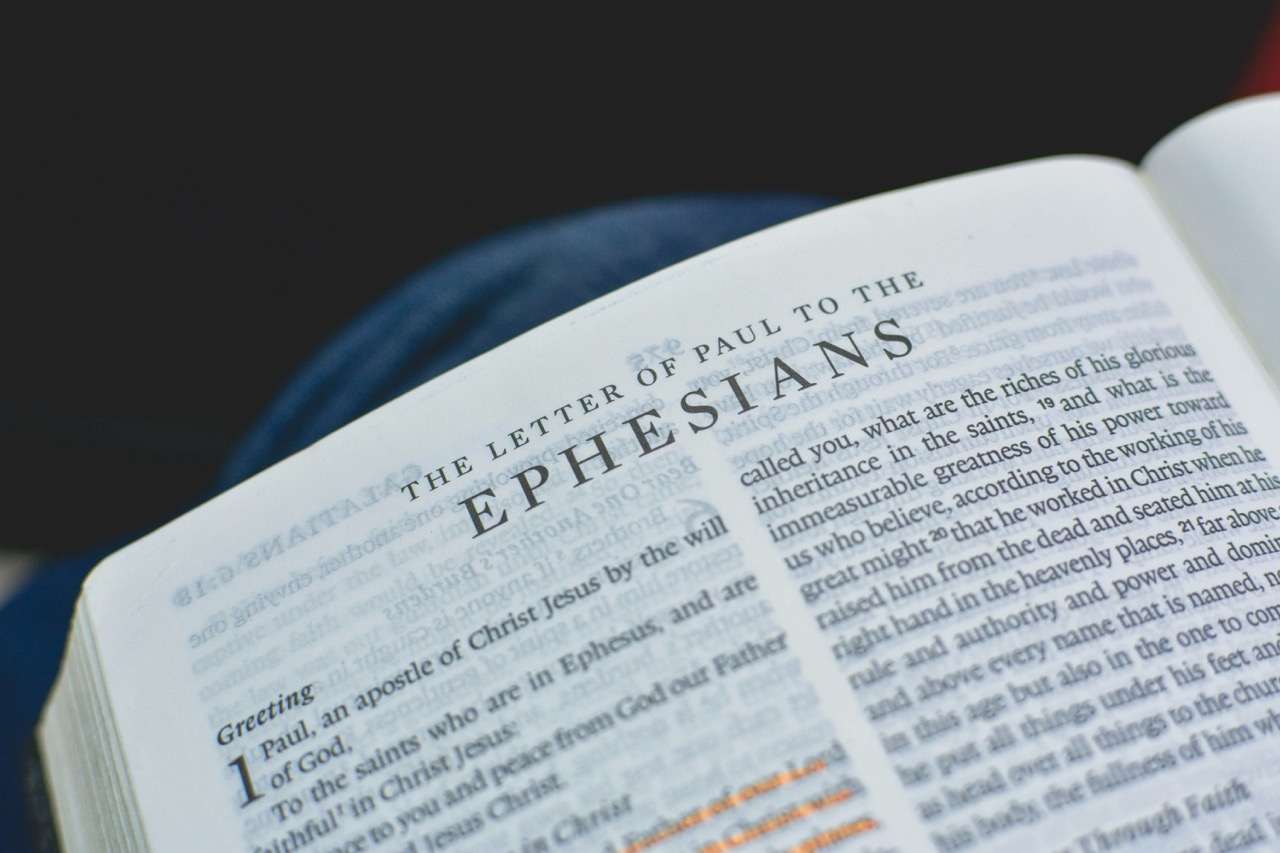How Genesis Sets the Stage for the Entire Bible

The Book of Genesis, the first book of the Bible, serves as a fundamental cornerstone in understanding the entire biblical narrative. Its pages are rich with themes, stories, and theological concepts that resonate throughout the rest of Scripture. Genesis lays the groundwork for the relationships between God, humanity, and the world, establishing the theological framework that underpins the biblical story. In this article, we will explore how Genesis sets the stage for the entire Bible through its creation narrative, the concept of covenant, the account of the fall, and the stories of the patriarchs.
The Creation Narrative: Foundations of Biblical Theology
The creation narrative in Genesis is a profound declaration of God’s sovereignty and intentionality. In the opening chapters, we witness God’s creative power as He brings the universe into existence through His spoken word. The account of creation emphasizes the goodness of the world and humanity’s special place within it, as humans are created in the image of God. This foundational truth establishes an essential aspect of biblical theology: humans are called to reflect God’s character and steward His creation.
Moreover, Genesis emphasizes the relational aspect of creation, where God seeks a relationship with humanity. The creation of Adam and Eve not only highlights the value of human life but also the divine intention for human companionship and community. This theme of relationship continues as the narrative unfolds, establishing a framework for how God interacts with His creation. The Sabbath rest introduced at the conclusion of the creation narrative further underscores the rhythm of work and rest that defines human existence, serving as a model for future generations.
Finally, the creation narrative serves as a precursor for the redemptive arc of the Bible. The goodness of creation is contrasted with the brokenness that ensues, setting the stage for the rest of Scripture, which reveals God’s ongoing efforts to restore His creation. The themes of order, purpose, and divine relationships explored in Genesis provide critical context for understanding God’s actions and intentions throughout the biblical narrative.
The Covenant Concept: God’s Promises to Humanity
The concept of covenant is central to the theology of Genesis, establishing the framework for God’s relationship with humanity. The covenants made with figures such as Noah and Abraham illustrate God’s commitment to humanity despite failings. With Noah, God establishes a covenant promising never to destroy the earth by flood again, providing a sense of hope for the future. This promise showcases God’s mercy and His desire to maintain a relationship with His creation, even after the cataclysm of the flood.
Abraham’s covenant is particularly significant, as it introduces the theme of chosen lineage and divine promise. God promises Abraham that he will be the father of a great nation, which not only signifies the birth of Israel but also establishes a trajectory for the coming of the Messiah. This covenant is a pivotal moment in biblical history, as it indicates God’s redemptive plan for humanity that will unfold throughout the Scriptures. The promises made to Abraham also reflect the universal scope of God’s intentions, as they include blessings for all nations through his lineage.
The covenantal theme in Genesis sets the stage for understanding God’s redemptive purpose, which permeates the biblical narrative. Each subsequent covenant builds upon the previous ones, leading to the ultimate fulfillment of God’s promises through Jesus Christ. This continuity from Genesis onward illustrates that the God of the Bible is a covenant-keeping God, whose promises form the bedrock of the faith that unites believers across generations.
The Fall of Man: Sin and Its Impact on the World
The account of the fall in Genesis 3 is a pivotal moment that explains the entrance of sin into the world and its profound consequences for humanity and creation. The disobedience of Adam and Eve results in a fractured relationship with God, introducing sin and death into human experience. This act of rebellion against divine command not only alters humanity’s relationship with the Creator but also brings about a curse upon creation itself. Understanding the fall is essential for comprehending the human condition and the need for redemption.
The ramifications of the fall extend beyond the individual to affect all of creation. Theological interpretations of Genesis reveal how sin distorts the intended harmony and order of God’s creation. The consequences of sin result in broken relationships, suffering, and chaos, highlighting the need for restoration. This narrative foreshadows the overarching theme of redemption that unfolds throughout the Bible, as God’s plan to reconcile humanity to Himself begins to take shape.
Furthermore, the fall emphasizes the importance of free will in the relationship between God and humanity. The choice made by Adam and Eve reflects the capability to either embrace or reject God’s authority. This tension between obedience and rebellion is a recurring motif throughout the Scriptures, illustrating the ongoing struggle of humanity to navigate the complexities of faith, morality, and the consequences of sin. The impact of the fall, therefore, not only introduces the theme of redemption but also informs the moral and spiritual dilemmas faced by individuals and communities throughout biblical history.
The Patriarchs: Establishing the Lineage of Faith
The stories of the patriarchs—Abraham, Isaac, Jacob, and Joseph—are foundational to the narrative of Genesis and the entire biblical story. These figures are not merely historical characters; they symbolize the unfolding of God’s plan through a chosen lineage. The covenant made with Abraham is key, as it establishes the foundation for the Israelite nation and the future of God’s redemptive plan. Each patriarch contributes to the narrative, illustrating the complexities of faith, obedience, and human frailty in the context of divine promise.
The patriarchal narratives are rich with themes of struggle, perseverance, and divine intervention. For instance, the story of Jacob wrestling with God reflects the continual tension between human ambition and divine sovereignty. This encounter leads to Jacob receiving a new name—Israel—indicating a transformation that signifies God’s ongoing relationship with His people. The experiences of the patriarchs reveal not only their personal journeys of faith but also the broader redemptive work that God is accomplishing through them.
Additionally, the patriarchs exemplify the importance of community and family in the biblical narrative. The dynamics within these families—marked by rivalry, deception, and reconciliation—illustrate the complexities of human relationships and the impact of sin. Yet, through it all, God’s faithfulness shines as He guides and shapes the lineage that will eventually lead to the culmination of His promises in Christ. The stories of the patriarchs encapsulate the themes of hope and redemption that resonate throughout the Scriptures, reminding readers of the enduring legacy of faith.
In conclusion, the Book of Genesis serves as an indispensable foundation for the entire Bible, interweaving profound themes that resonate throughout the sacred text. From the creation narrative that introduces the nature and purpose of God to the covenantal promises that shape the course of history, Genesis provides essential insights into the human condition and divine intentions. The account of the fall reveals the complexities of sin and its impact on creation, while the stories of the patriarchs establish the lineage of faith that leads to ultimate redemption. By understanding Genesis, readers gain a clearer perspective on the unfolding story of the Bible and the profound truths that continue to shape faith and life today.




